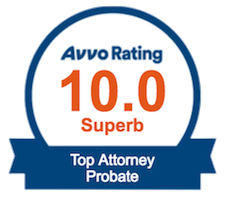Considering Full Body Donation for Medical Advancement
Organizing a Full Body Donation for Medical Research and Education
As a vital contributor to medical science, the donation of entire bodies is critical for the training and research of future health care professionals. Such donations are particularly crucial for osteopathic and chiropractic institutions, where the demand often exceeds the supply. These donations are known as “whole body donations” because the acceptance criteria require the body to be intact, excluding eligibility if any organs have been removed.
Following a period of educational use, medical facilities typically proceed with the cremation of donated bodies, arranging for the ashes to be interred or scattered in a designated area. Should you express the wish, there is the possibility of having the cremated remains sent back to your family within one to two years for private funeral rites. This preference must be communicated at the time of donation discussions.
It is against regulations for any medical institution to offer monetary compensation to the donor’s family. Fortunately, most institutions that accept body donations cover the costs of transporting the deceased and the eventual handling of the remains, relieving the donor’s family of related expenses. To avoid unforeseen costs, it is recommended to inquire about transport and disposition particulars with the accepting institution.
For those considering this compassionate gesture, it is advisable to pre-arrange the donation with your chosen medical facility. Yet, in the event of an unexpected death, some institutions may agree to a whole body donation with the authorization of your designated health care proxy or immediate relatives. The importance of having health care directives, such as a living will or durable power of attorney for health care, cannot be understated in these circumstances.
If your local options are limited due to your residence or stringent eligibility criteria, the National Anatomical Service is a resource available for additional guidance, operating a 24-hour helpline at 800-727-0700.
Your final act of generosity should be shared with and understood by those closest to you to ensure that your intentions are honored posthumously. Goldberg & Goldberg encourage you to formally document your decision in a legally recognized health care directive or a personal letter, detailing your body donation stipulations explicitly.
For any further information or assistance in this matter or other estate planning inquiries, please don’t hesitate to reach out to Goldberg & Goldberg at (301) 654-5757 for a free consultation where we are committed to guiding you through each step of this important decision.




